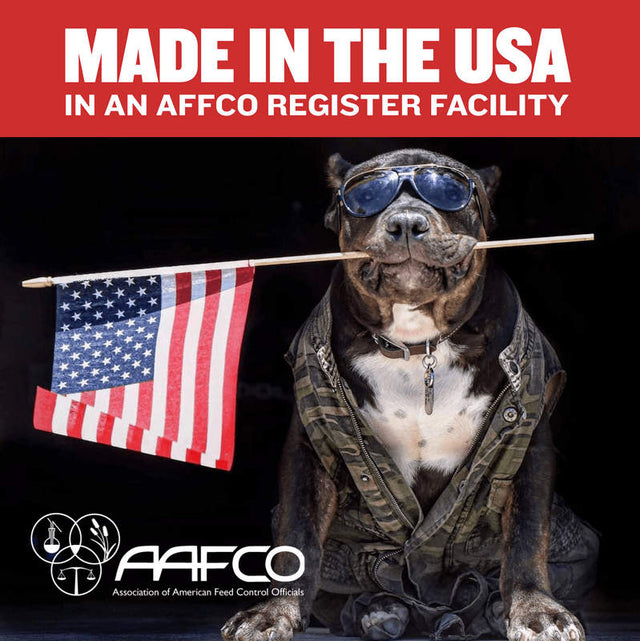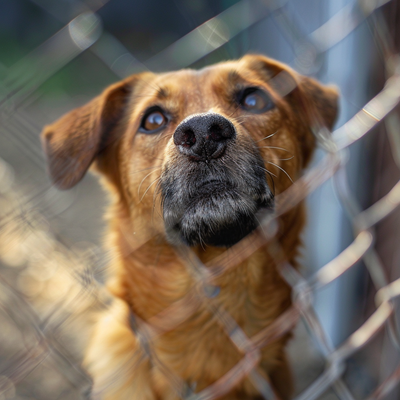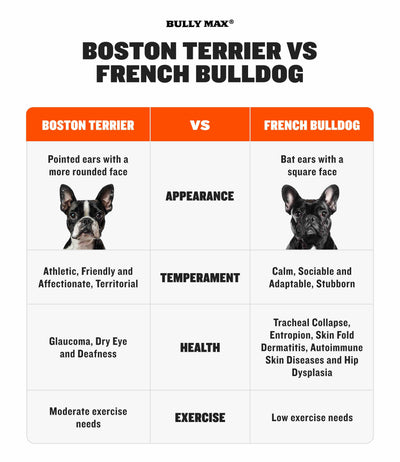The Top 10 Mistakes New Dog Owners Make
For pet owners, there’s no greater feeling than that first day your new dog comes home with you. Whether you’ve rescued a young pup from a kennel in your city or purchased a brand-new puppy from a licensed breeder, you’re full of joy and excitement as you take that new dog into your home for the very first time. In those first few days and weeks, you are going to see your dog do many silly things that you’ll forgive because they’re young.
What happens when that puppy becomes a full-grown dog though? One that has a mind of its own and an instilled behavior set. Believe it or not, all pet owners make some mistakes along the way, but there are ways to avoid them if you know what to look for in advance. Browse our list of 10 mistakes most new dog owners make.
1.) Forgetting that Puppy Will Grow Up
We know exactly how you feel when you bring your new best friend home. There’s no way another animal is as cute as your puppy right now. The problem is that while your puppy is cute now as a young animal, it will not be a puppy forever. This doesn’t, of course, mean that it will physically get uglier. What we mean is that those innocent things it does now and gets away with on cuteness won’t last for long.
For example, when a puppy has a small accident in the house, it is not a good idea to simply laugh it off and not use that opportunity to correct the puppy’s behavior. Sure, that pile of poo is laughable now and you’ll clean it up with ease, but if you don’t correct the behavior you’ll have bigger problems on your hands in the future. Left uncorrected, your dog will find it OK to relieve itself in the home, and the size of the poo is only going to grow with the dog. Still want to laugh off that pile?
2.) Calling Out the Puppy’s Name to Correct Bad Behavior
It’s not enough to simply correct your new puppy for bad behavior, it has to be done in the proper manner. Many new dog owners make the mistake of calling out their dog’s name when it is misbehaving, as an approach to correcting the bad behavior and getting the young pup’s attention. However, when this is done it only teaches the dog to begin associating the sound of its name with being corrected for bad behavior.
3.) Failing to Set Aside Proper Time for the Puppy
When you welcome a new puppy into your home, it’s not that different from bringing home a baby for the first time. You would bring a baby into the home and then fail to feed, clothe, and bathe it, so why do the same for a puppy? Young puppies need your love and attention just as much as a baby.
Your puppy needs your attention to help socialize it with people, first and foremost, but also to help it remain mentally and emotionally stable. Moreover, if you don’t make time to work with your dog on good habits and eliminating bad behavior, it will never learn to follow the rules of the household, such as potty training.
4.) Not Providing Enough Socialization for the Dog
Speaking of spending time with your new puppy, it’s vital that you help them socialize at a young age. Just a human baby would fail to learn its native tongue, discover social mores, and understand how to interact with others if left alone, your dog would fail to establish a healthy social standing without time around other dogs.
Canines are pack animals, and while you can’t be expected to have an entire pack of dogs in your home, it’s a good idea to get your dog out and about on a regular basis. It helps to expose them to different sounds, surfaces, and environments, and enables them to adjust to meeting new dogs and people.
5.) Not Establishing Yourself as the Authority Figure
As pack animals, dogs will naturally look to an alpha leader in their group. One of the unfortunate downsides in many homes is that people fail to establish the pecking order inside their own home with a new dog. Your puppy needs to know from day one that you are the boss, and that means showing them what’s right and what’s wrong.
There’s no need to use physical force either to establish yourself as the authority figure in the home. Simply enforcing do’s and don’ts will suffice. Remember that if you fail to establish yourself as the pack leader, your new puppy will believe (in the absence of one) that it is the alpha, and will act accordingly by ignoring your commands and setting its own rules.
6.) Not Teaching the Puppy the Meaning of “NO”
If there are only two words in the English language that your dog learns, it should be their name followed by the word “NO.” As you connect your dog’s bad behaviors with the word “NO,” the best approach is to avoid yelling and keeping your phrases short. Remember, your dog never truly understands human language in full. Use a stern voice, be firm, but not violent, and enforce the word “NO” when correcting bad behavior.
7.) Forgetting that The Puppy is Just that, a Puppy
Never forget that your puppy is nothing more than a baby animal. Human babies aren’t held to high standards for behavior, and neither should your dog. Your new puppy is going to chew on things from time to time, have accidents on occasion, and misbehave in other ways such as jumping at your guests.
Just like a newborn baby needs time to grow and learn, with proper love and guidance, so too does your new puppy. Have patience and be the true alpha leader your puppy needs. Help it learn what is OK and what is not, and take a deep breath when you feel pushed to the edge.
8.) Failing to Correct Properly When the Puppy Makes Mistakes
If nothing else settles in, let this point make a mark. Correcting a puppy’s behavior is vital, but so too is the manner in which it is done. Anger and violence against a puppy are never acceptable, and don’t teach your new dog to behave in the future. Improper corrections break the confidence of your growing puppy, and instill a sense of stress, fear, and anxiety as they go through their day. More than that, it also breaks the owner-puppy bond.
9.) Missing Out on the Puppy Imprinting Stage of Life
When your new puppy is young, it is the most adaptable it is going to be at any point in its life. This is the time that its brain is best prepared to receive new information, learn specific commands, and master proper behaviors around the house. The best thing you can do to aid in this process is to not miss out on this imprinting stage of life for your puppy. Read up on the breed and understand the various stages of life it will go through as it matures.
10.) Giving the Puppy too Much too Soon
Last but not least, don’t expect too much from your puppy or give it too much to do right away. When you bring a new baby home, you don’t expect to start with potty training until the child is learning to walk and talk. So why expect miracles from a puppy with no motor skills or educational capability?
Your puppy is learning to simply exist in a new house, with a new family, and a completely different environment from the one it existed in when it came into the world. All of this can be overwhelming, so take all of your steps slow so your puppy has adequate time to adjust. Start by giving it a small space in the home to become accustomed to. As the puppy improves, you can give it more and more responsibility as it demonstrates the mental maturity to handle more space and more time alone.
Not every pet owner makes these exact mistakes, or makes all of these mistakes. These are simply some of the most common mistakes new dog owners make. Read through them carefully, and setup a game plan to help you avoid these pitfalls of owning a new dog.












1 comment
He’s a yr old and when I got him I broke him instantly potty train sit on his but with his two paws in air plus to lay down I train him to pro text my wife so if intruder comes he’s on point bout everything at a yr old he walks when I walk stops when I stop so yea